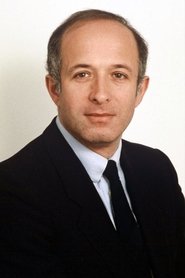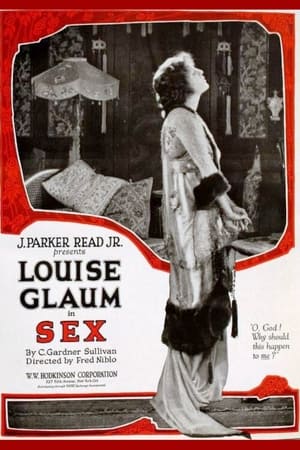
Quicksand(2013)
"A week before he passed away, my grandfather shared with me his former aspirations of becoming a filmmaker. After many trials, a narrow escape from the Nazis and immigration to the United States, the dream slowly but surely came true. surely passed out. After his passing, I discovered a treasure trove of dust-covered 8mm film archives that had apparently not been seen by anyone for at least a generation. Mesmerized, what unfolded before me was something something most people, myself included, had never seen before: the development and complete decline of the human body and mind. Motivated by my grandfather's unrealized cinematic dreams, I decided to reconstruct a film that he had already made involuntarily." Lance Oppenheim
Movie: Quicksand
Top 2 Billed Cast

Quicksand
HomePage
Overview
"A week before he passed away, my grandfather shared with me his former aspirations of becoming a filmmaker. After many trials, a narrow escape from the Nazis and immigration to the United States, the dream slowly but surely came true. surely passed out. After his passing, I discovered a treasure trove of dust-covered 8mm film archives that had apparently not been seen by anyone for at least a generation. Mesmerized, what unfolded before me was something something most people, myself included, had never seen before: the development and complete decline of the human body and mind. Motivated by my grandfather's unrealized cinematic dreams, I decided to reconstruct a film that he had already made involuntarily." Lance Oppenheim
Release Date
2013-03-01
Average
10
Rating:
5.0 startsTagline
Genres
Languages:
EnglishKeywords
Recommendations Movies
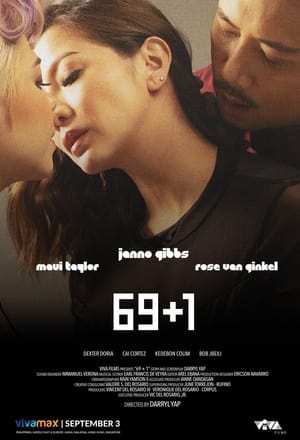 7.2
7.269 + 1(tl)
A lesbian couple seeks the help of their male friend to be involved in their relationship to somehow cure their seven-year itch.
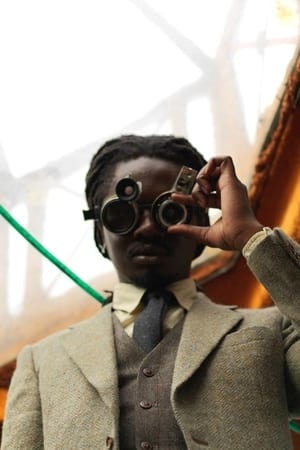 7.7
7.7Finding Fanon 1(fr)
‘Finding Fanon’ is the first part in a series of works by artists Larry Achiampong and David Blandy; inspired by the lost plays of Frantz Fanon, (1925-1961) a politically radical humanist whose practice dealt with the psychopathology of colonisation and the social and cultural consequences of decolonisation. In the film, the two artists negotiate Fanon’s ideas, examining the politics of race, racism and the post-colonial, and how these societal issues affect their relationship. Their conflict is played out through a script that melds found texts and personal testimony, transposing their drama to a junkyard houseboat at an unspecified time in the future. Navigating the past, present and future, Achiampong and Blandy question the promise of globalisation, recognising its impact on their own heritage.
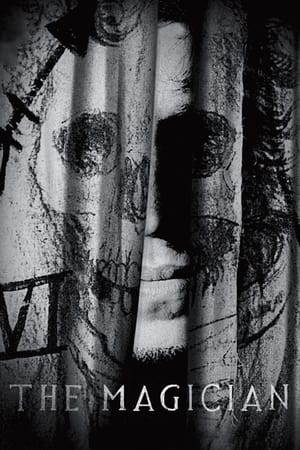 7.3
7.3The Magician(sv)
Dr. Vogler's, a nineteenth-century traveling mesmerist and peddler of potions, magic is put to the test in Stockholm by the cruel, eminently rational royal medical adviser Dr. Vergérus.
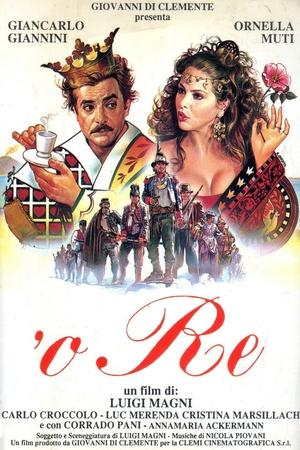 7.3
7.3'o Re(it)
One of the key factors in Italian unification was the overthrow in 1860 of Francesco, the King of Naples and the two Sicilies, who went into elegant but impoverished exile in Rome with his Queen, Maria Sofia. This seriocomic drama follows the deposed royals as they adapt to their new lives. The former king has recognized the political finality of his deposition, but his queen has taken to traveling in men's clothing all over Italy trying to foment an uprising to restore them to the throne. She is also frantic to have a baby, an heir, but the king has become celibate as a kind of homage to his beloved mother; he spends all his time lobbying the Vatican to get her declared a saint.
 6.2
6.2The 2019 Rose Parade with Cord & Tish(en)
Cord Hosenbeck and Tish Cattigan return for their annual round of live Rose Parade coverage. Cord Hosenbeck and Tish Cattigan are no strangers to the iconic New Year’s tradition of the Rose Parade, having covered the event for the past twenty-six years. After a whirlwind year that included traveling abroad to cover the Royal Wedding, the duo are more excited than ever to return to Pasadena. The esteemed Tim Meadows will also return for the festivities.
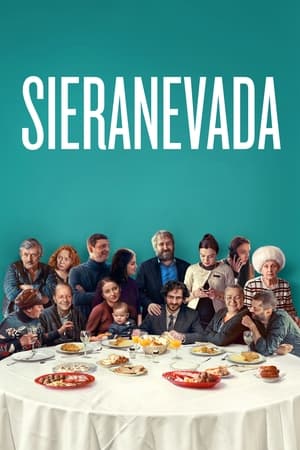 6.8
6.8Sieranevada(ro)
Back from a professional trip to Paris, a neurologist at the pinnacle of his career has to pick up his wife so that they can attend a family meal to commemorate his father, who died a year before. At his mother's flat, the guests are waiting for the priest to arrive while arguing about all kinds of things connected and unconnected with the world’s events and wars.
 7.1
7.1In Between(ar)
The film captures the daily duality of three young Palestinian women in Tel Aviv, caught between hometown tradition and big city abandon, and the price they must pay for a lifestyle that seems obvious to many: the freedom to work, party, have sex, and choose.
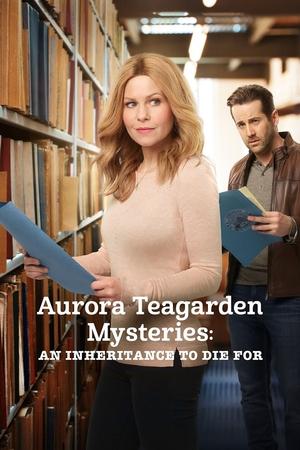 7.2
7.2Aurora Teagarden Mysteries: An Inheritance to Die For(en)
A matriarch is poisoned during a family wedding reception and Aurora Teagarden vows to get to the bottom of the crime, especially when her mother, a friend of the dead woman, stands to inherit the bulk of the massive estate. 11th installment in Aurora Teagarden Mysteries.
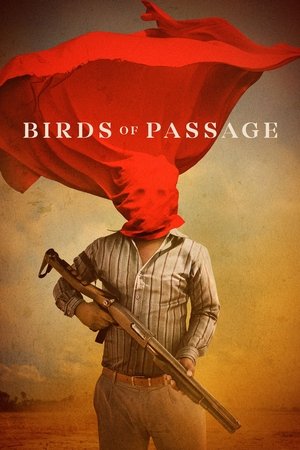 7.3
7.3Birds of Passage(es)
During the marijuana bonanza, a violent decade that saw the origins of drug trafficking in Colombia, Rapayet and his indigenous family get involved in a war to control the business that ends up destroying their lives and their culture.
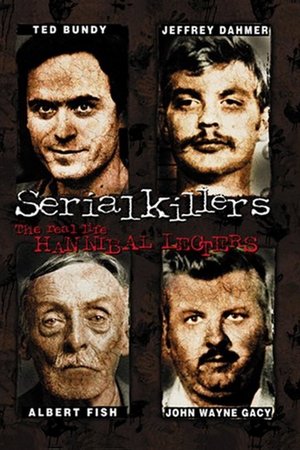 5.9
5.9Serial Killers: The Real Life Hannibal Lecters(en)
This documentary examines a selection of real life serial killers and compares them to the fictional Hannibal Lecter.
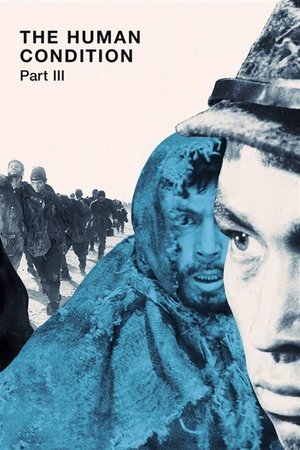 8.4
8.4The Human Condition III: A Soldier's Prayer(ja)
After the Japanese defeat to the Russians, Kaji leads the last remaining men through Manchuria. Intent on returning to his dear wife and his old life, Kaji faces great odds in a variety of different harrowing circumstances as he and his fellow men sneak behind enemy lines.
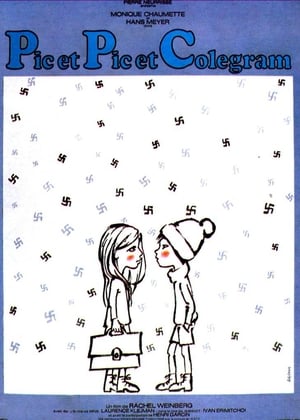 4.5
4.5Eeeny, Meeny, Miney, Moe(fr)
In the autumn of '43, Mina, a little girl of Jewish origin, is entrusted to farmers in the Cévennes. Shocked by Jeroboam's frustrated manners and Deborah's cruel reflections - who is still suffering two centuries later from the struggle between Protestants and Catholics - Mina thinks she'll find refuge with Jeannot. But the young boy doesn't like girls and mistreats Mina. Fortunately, she has a friend: the village pastor. Thanks to him, she can go to school. Despite their constant bickering, Mina takes a liking to Jeannot. She convinces him to come to school with her. Together, they go for walks or take advantage of the passage of maquisards to force open the cellar door where hams hang! The arrival of an "informer" at the little school and encounters with the Germans disturb Jeannot.
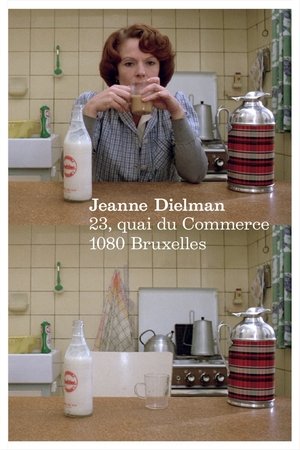 7.4
7.4Jeanne Dielman, 23, quai du Commerce, 1080 Bruxelles(fr)
A lonely widowed housewife does her daily chores and takes care of her apartment where she lives with her teenage son, and turns the occasional trick to make ends meet. Slowly, her ritualized daily routines begin to fall apart.
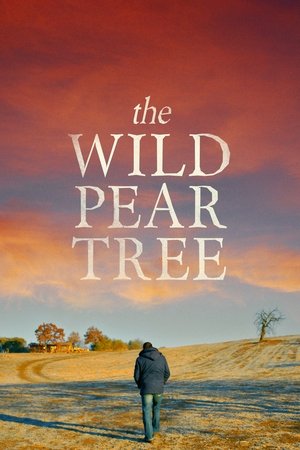 7.5
7.5The Wild Pear Tree(tr)
Fresh out of university, a Turkish young man with literary aspirations returns to his home village, and to his father, a debt-ridden man with a gambling problem.
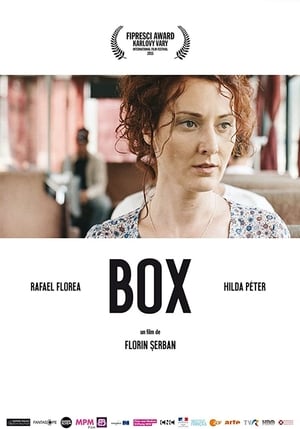 6.4
6.4Box(ro)
Box is a story of two people who meet at a crossroad. Two different destinies, two different lives, face to face in a game of sweat, blood and tears. Rafael (19) is a young boxer who dreams to conquer the world; Cristina (33) is a single mother who lost her balance. Two lives; one running very close to the earth, the other trying to fly high up, too high.
 7.7
7.7Cat on a Hot Tin Roof(en)
An alcoholic ex-football player drinks his days away, having failed to come to terms with his sexuality and his real feelings for his football buddy who died after an ambiguous accident. His wife is crucified by her desperation to make him desire her: but he resists the affections of his wife. His reunion with his father—who is dying of cancer—jogs a host of memories and revelations for both father and son.
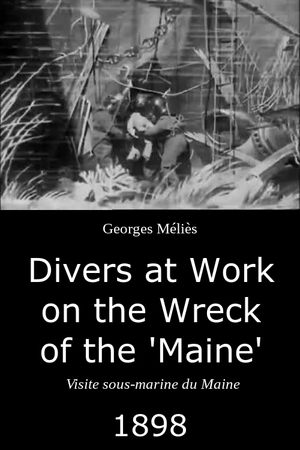 5.7
5.7Divers at Work on the Wreck of the "Maine"(fr)
Divers go to work on a wrecked ship (the battleship Maine that was blown up in Havana harbour during the Spanish-American War), surrounded by curiously disproportionate fish.
Similar Movies
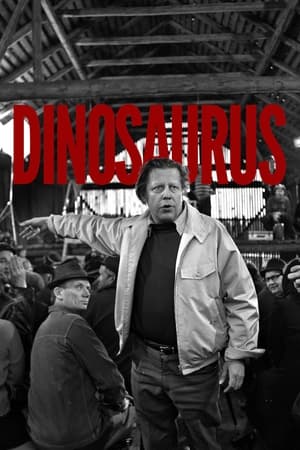 6.6
6.6The Dinosaur(fi)
Acclaimed Finnish director Rauni Mollberg made several scandalous yet widely appreciated films. Former co-worker Veikko Aaltonen’s eye-opening documentary The Dinosaur looks at the relentless, often disturbing directing techniques behind Mollberg’s art and success.
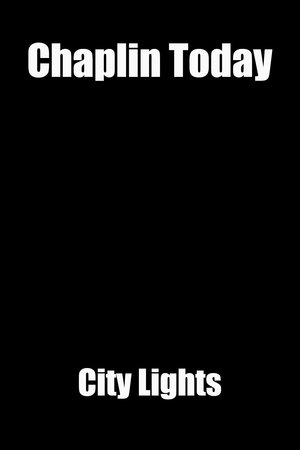 6.7
6.7Chaplin Today: 'City Lights'(en)
In 1928, as the talkies threw the film industry and film language into turmoil, Chaplin decided that his Tramp character would not be heard. City Lights would not be a talking picture, but it would have a soundtrack. Chaplin personally composed a musical score and sound effects for the picture. With Peter Lord, the famous co-creator of Chicken Run and Wallace & Gromit, we see how Chaplin became the king of slapstick comedy and the superstar of the movies.
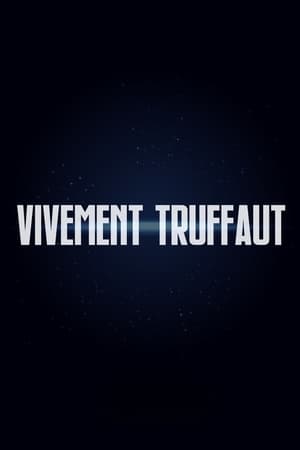 6.0
6.0Vivement Truffaut(fr)
A tribute to the late, great French director Francois Truffaut, this documentary was undoubtedly named after his last movie, Vivement Dimanche!, released in 1983. Included in this overview of Truffaut's contribution to filmmaking are clips from 14 of his movies arranged according to the themes he favored. These include childhood, literature, the cinema itself, romance, marriage, and death.
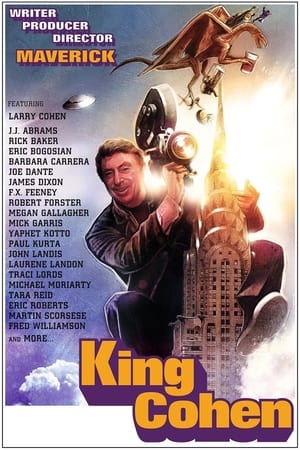 6.6
6.6King Cohen: The Wild World of Filmmaker Larry Cohen(en)
A feature-length documentary focusing on the acclaimed work and eclectic career of maverick filmmaker Larry Cohen, writer-director of "Black Caesar," "It's Alive," "God Told Me To," "Q," "The Stuff," and many more.
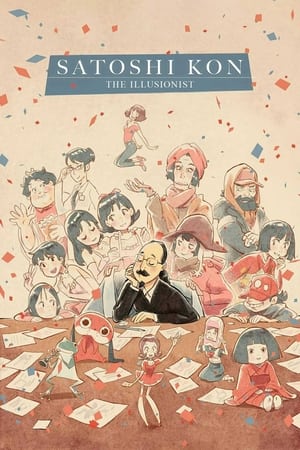 6.7
6.7Satoshi Kon: The Illusionist(fr)
A subtle portrait of Japanese director Satoshi Kon by the specialist of Japanese cinema Pascal-Alex Vincent and a dive into a rich work. With interviews of the greatest Japanese, French and American directors inspired by his work.
 6.7
6.7Dolly Parton: A MusiCares Tribute(en)
In a star-studded evening of music and memories, a community of iconic performers honor Dolly Parton as the MusiCares Person of the Year.
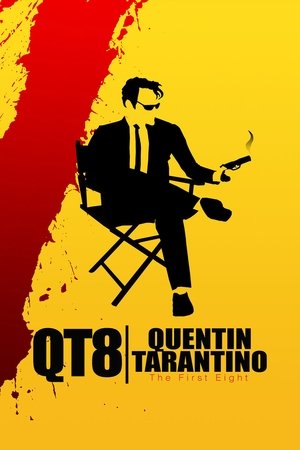 7.2
7.2QT8: The First Eight(en)
A detailed account of the life and artistic career of legendary filmmaker Quentin Tarantino, from his early days as a video club manager to the scandalous fall in disgrace of producer Harvey Weinstein. A story about how to shoot eight great movies and become an icon of modern pop culture.
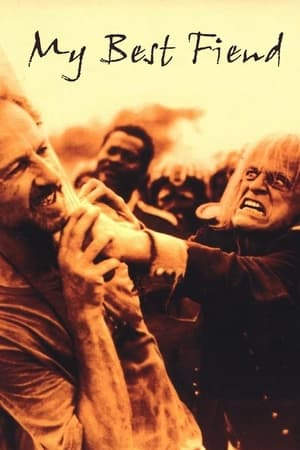 7.3
7.3My Best Fiend(de)
A film that describes the love-hate relationship between Werner Herzog and Klaus Kinski, the deep trust between the director and the actor, and their independently and simultaneously hatched plans to murder one another.
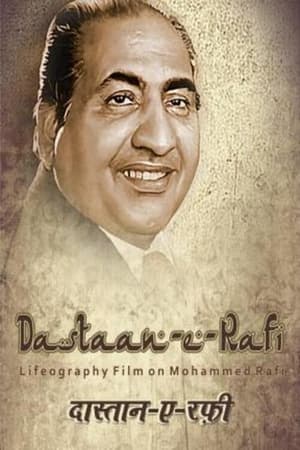 0.0
0.0Dastaan-E-Rafi(hi)
The biography of one of the greatest playback singers of Hindi cinema, Mohammed Rafi is a trip down memory lane. Fans of Rafi will love Dastaan E Rafi, a biography of celebrated singer Mohammed Rafi that showcases the celebrated singer’s extraordinary journey. The award-winning film by Shemaroo traces his life from his birth in Amritsar, to his struggle in Bombay before he got his break and his rise to stardom.
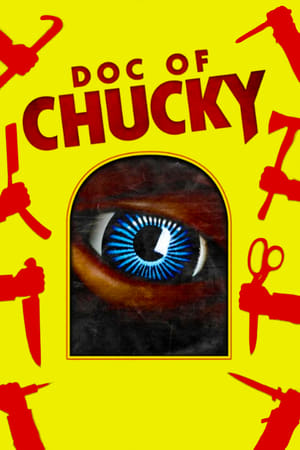 0.0
0.0Doc of Chucky(en)
The story of the cult horror empire through interviews with cast, crew, and horror icons such as Don Mancini, Brad Dourif, Jennifer Tilly, Catherine Hicks, Chris Sarandon, John Waters, Fiona Dourif, Perrey Reeves, Gerrit Graham, David Kirschner, and dozens more.
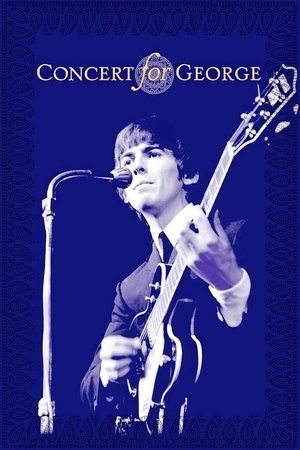 8.1
8.1Concert for George(en)
As a memorial to George Harrison on the first anniversary of his passing, The Concert for George was held at the Royal Albert Hall in London on 29 November 2002 . Organized by Harrison's widow, Olivia, and son, Dhani, and arranged under the musical direction of Eric Clapton and Jeff Lynne. A benefit for Harrison's Material World Charitable Foundation, the all-star concert took place on the day of the first anniversary of his death. Proceeds from the film also went to the Material World Charitable Foundation. The film was shot using discreet cameras from over twelve locations.
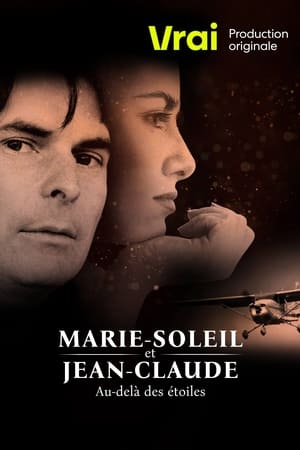 0.0
0.0Marie-Soleil et Jean-Claude: au-delà des étoiles(fr)
A tribute to Marie-Soleil Tougas and Jean-Claude Lauzon, 25 years after their tragic accident.
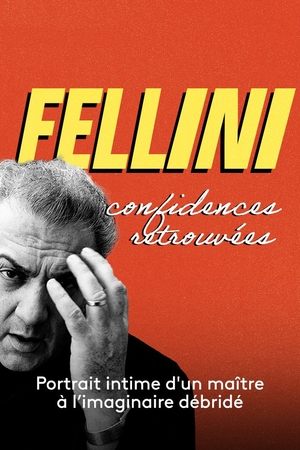 7.7
7.7Fellini, confidences retrouvées(fr)
Federico Fellini died on October 31st, 1993. Thirty years later, he is still considered as one of the most irreverant moviemaker in the history of cinema. Through a long-previously-unseen interview, directed by Jean-Christophe Rosé in 1981, through extracts of his films and through behind-the-scenes, this documentary draws an intimate portrait of Fellini by himself.
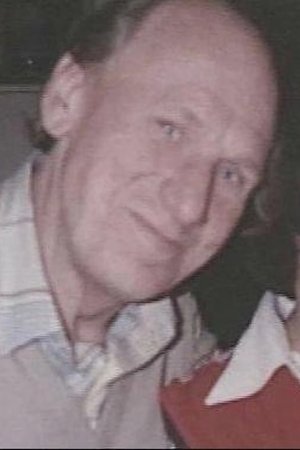 7.0
7.0Grisha(et)
An up-close look into the life of the often misunderstood movie director Grigori Kromanov through the lens of old friends and colleagues.
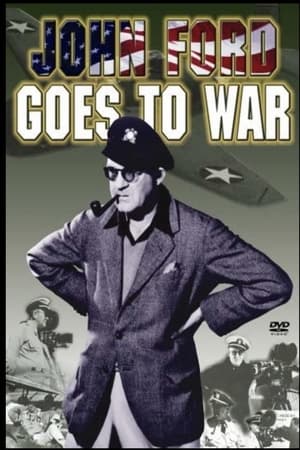 5.7
5.7John Ford Goes to War(en)
When World War II broke out, John Ford, in his forties, commissioned in the Naval Reserve, was put in charge of the Field Photographic Unit by Bill Donavan, director of the soon-to-be-OSS. During the war, Field Photo made at least 87 documentaries, many with Ford's signature attention to heroism and loss, and many from the point of view of the fighting soldier and sailor. Talking heads discuss Ford's life and personality, the ways that the war gave him fulfillment, and the ways that his war films embodied the same values and conflicts that his Hollywood films did. Among the films profiled are "Battle of Midway," "Torpedo Squadron," "Sexual Hygiene," and "December 7."
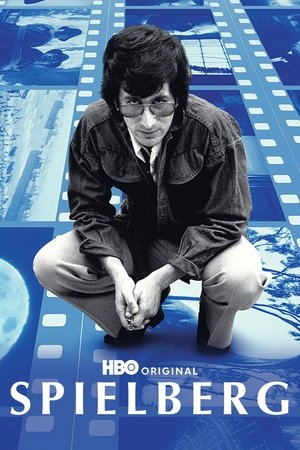 7.6
7.6Spielberg(en)
A documentary on the life and career of one of the most influential film directors of all time, Steven Spielberg.
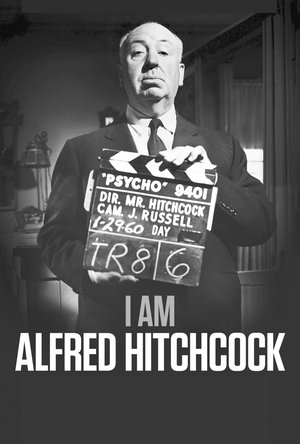 7.1
7.1I Am Alfred Hitchcock(en)
Interviews and archival footage weave together to tell the story of the Master of Suspense, one of the most influential and studied filmmakers in the history of cinema.
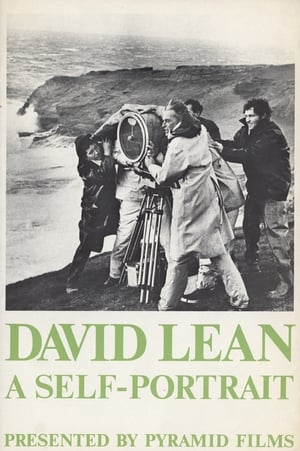 0.0
0.0David Lean: A Self Portrait(en)
A television documentary on the life and career of British film director David Lean. Scenes of Lean directing are intercut with personal interviews in which the director explains his methods, the beginnings of his career, and his relationships with actors and actresses.
 6.5
6.5Altman(en)
Robert Altman's life and career contained multitudes. This father of American independent cinema left an indelible mark, not merely on the evolution of his art form, but also on the western zeitgeist. With its use of rare interviews, representative film clips, archival images, and musings from his family and most recognizable collaborators, Altman is a dynamic and heartfelt mediation on an artist whose expression, passion and appetite knew few bounds.
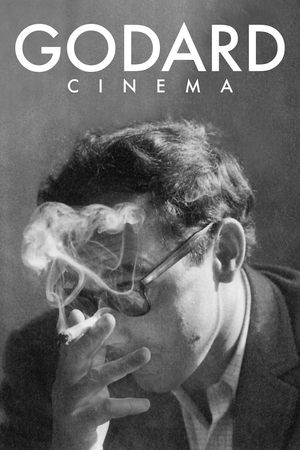 6.4
6.4Godard Cinema(fr)
Jean-Luc Godard is synonymous with cinema. With the release of Breathless in 1960, he established himself overnight as a cinematic rebel and symbol for the era's progressive and anti-war youth. Sixty-two years and 140 films later, Godard is among the most renowned artists of all time, taught in every film school yet still shrouded in mystery. One of the founders of the French New Wave, political agitator, revolutionary misanthrope, film theorist and critic, the list of his descriptors goes on and on. Godard Cinema offers an opportunity for film lovers to look back at his career and the subjects and themes that obsessed him, while paying tribute to the ineffable essence of the most revered French director of all time.
